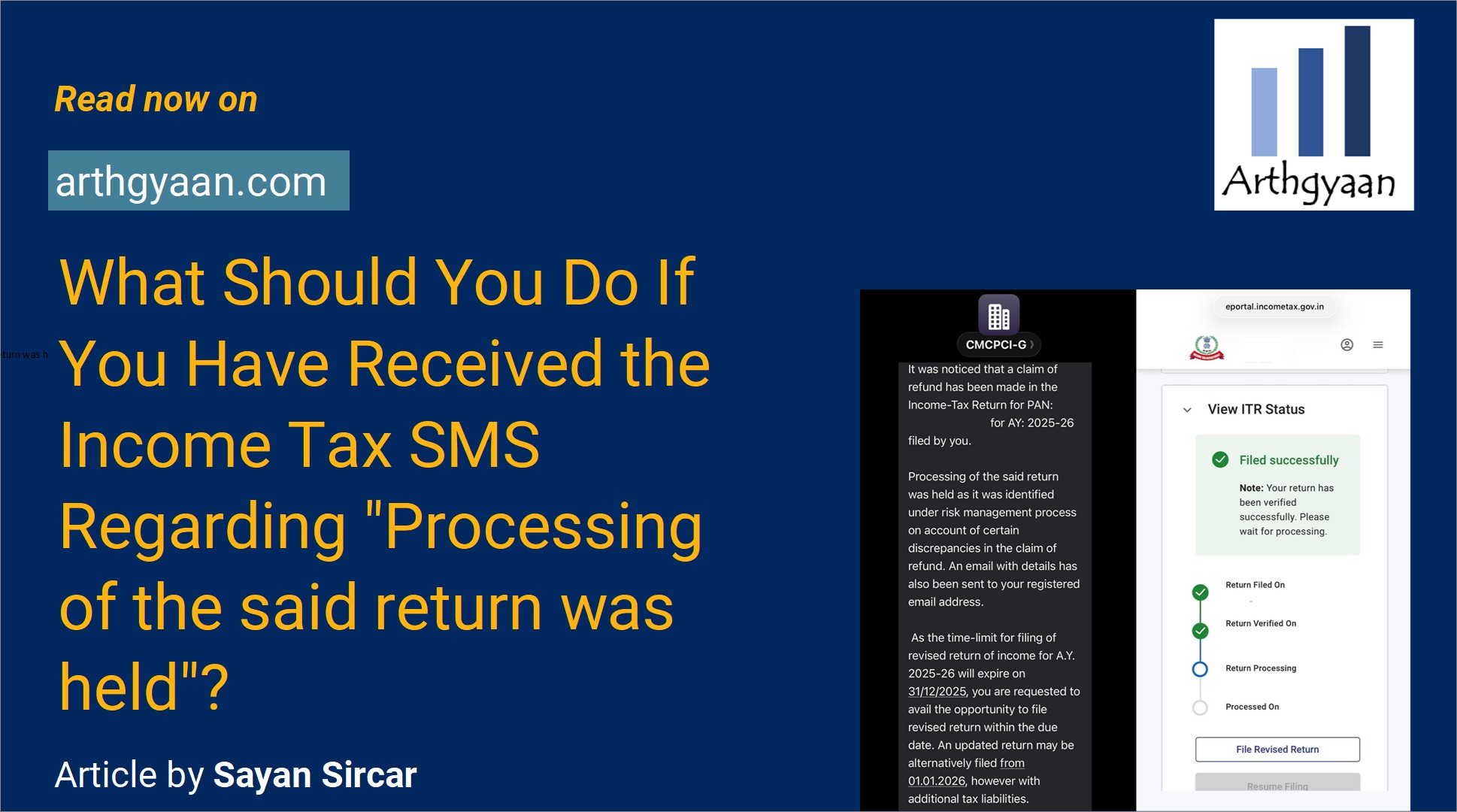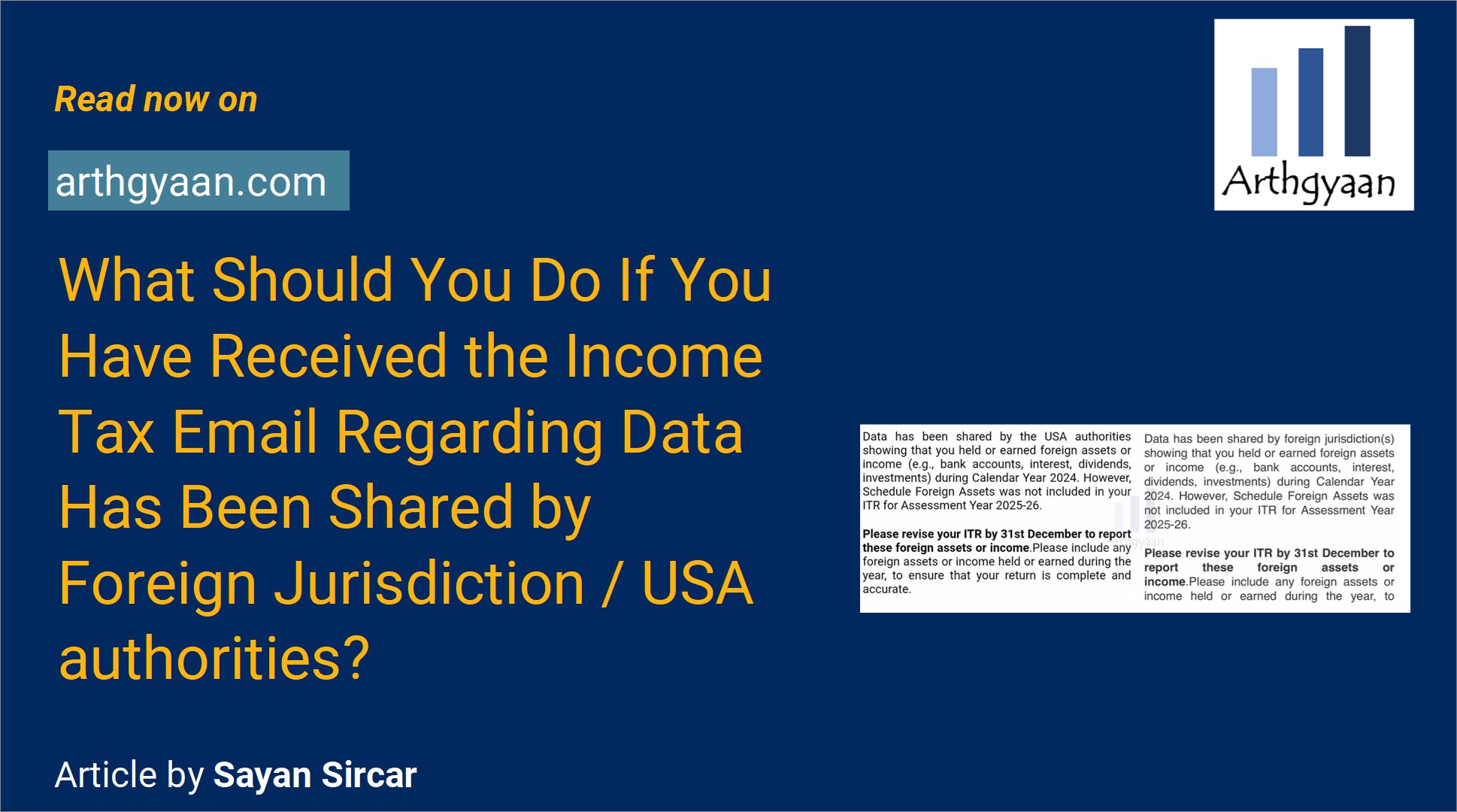Should you invest in a Blockchain feeder fund?
This post discusses new Blockchain feeder funds being launched in India and whether investors should invest in such funds.
This post discusses new Blockchain feeder funds being launched in India and whether investors should invest in such funds.

This article is a part of our detailed article series on new fund offerings (NFOs) in India. Ensure you have read the other parts here:
This article discusses a new offering by HSBC Mutual Fund focusing on companies in the Export sector.
This article discusses the NFO of the Tata Nifty India Tourism Index Fund which is the first fund tracking the Nifty Tourism Index.
This article discusses the NFO of the Bandhan Nifty Total Market Index Fund which is the second fund tracking the Nifty Total Market Index.
This article discusses the NFO of the Motilal Oswal Nifty Defence Index Fund which is the second fund tracking the Nifty Defence Index.
A new Fund of Fund wants to capture the alpha from innovative technology companies globally. Should you invest?
This post discusses new Real Estate feeder funds being launched in India and whether investors should invest in such funds.
Invesco AMC has launched a New Fund Offer (NFO) for a Fund of Fund (FoF) that invests in an overseas exchange-traded fund (ETF) with a blockchain theme. Blockchain and cryptocurrencies have been in the news for some time, and this is the first offering in the Indian market for exposure to this area.
The fund is an FoF that will invest in Invesco CoinShares Global Blockchain UCITS ETF units, an overseas ETF. The underlying fund has a 0.65% TER, and the FoF will have its expense ratio on top of that.
The ETF invests in companies worldwide that are involved in some fashion in the blockchain ecosystem. It does not hold crypto assets like Bitcoin directly. The closest analogy is a fund that invests in gold mining and gold refining companies and not in physical gold in any form. Investors who wish to get direct exposure to cryptocurrencies and not blockchain-related companies should not invest in this fund.
Since the FoF does not exist at the time of writing, the entire analysis below is regarding the ETF.
As the portfolio shows, this is a thematic fund with a heavy focus on technology stocks.
The ETF is based on an index called CoinShares Blockchain Global Equity Index (BLOCK Index). In their own words:
The CoinShares Blockchain Global Equity Index (BLOCK Index) aims to offer exposure to listed companies that participate or have the potential to participate in the blockchain or cryptocurrency ecosystem. The index aims to capture the potential investment upside generated by earnings related to the adoption of blockchain technologies or cryptocurrency.
Investors should note that the index explicitly invests in “listed companies” and not cryptocurrencies.
We use market data from 22-Mar-19 (the date of inception of the ETF) till 16-Nov-2021 for the price analysis below. The EOD price of the ETF is considered in this analysis to replicate best the returns of the ETF instead of the NAV.
The performance of the Blockchain ETF has been extremely impressive compared to Indian and US stock markets even during this massive bull run. However, the return of the ETF is a lot less impressive compared to the major cryptocurrencies. We are using a log scale in the Y-axis due to the massive variations in returns.
As the chart shows, we see the same trend as earlier, where the ETF has outperformed the stock indices. But, again, the return relative to cryptocurrencies has been a lot lower. If we look at the rolling return chart, it is evident that the inherent risk in the ETF is a lot higher than major stock indices. Suppose we combine the two metrics by dividing the return by the risk. In that case, we get more conclusive evidence using risk-adjusted returns.
As the chart shows, the risk-adjusted return has progressively worsened over time in the last year and is below broad stock market levels. Investors should be mindful of this fact before investing instead of looking at return numbers.
The standard recommendation regarding NFO investment is
The third point is particularly relevant for international funds due to
The last point is illustrated in the chart below, showing the deviation between the ETF NAV and the underlying index prices:
An investor may consider this FoF under the following circumstances
Note: The AMC has deferred the launch on 17-Nov-2021 due to regulatory uncertainty regarding cryptocurrencies in India. As per the AMC statement:
From the developments of the last few days, Indian lawmakers have been meeting participants in the country’s digital assets industry, which will likely culminate in a new legislative framework being formulated.
NAV of a mutual fund is calculated as (fund assets - expenses)/Units.
For an NFO, the number of units issued is adjusted to ₹10.00 as a convention. It does not mean that the NFO is offering stocks cheaply. Two funds with the same assets and expenses will give the same return irrespective of their NAV values.
Unlike a stock IPO, where listing gains (and losses) are possible, NFOs do not offer a new opportunity all the time. Given that there are 44+ AMCs in India, it is highly likely that a similar fund already exists and has a credible track record.
Thematic or certain international funds are sometimes an exception to this rule. Investors can evaluate if they need the unique exposure in their portfolio on a case by case basis.
Apart from these, investors should refer to this post to avoid some common mistakes while investing in mutual funds.

Published: 23 December 2025
6 MIN READ

Published: 18 December 2025
8 MIN READ
1. Email me with any questions.
2. Use our goal-based investing template to prepare a financial plan for yourself.Don't forget to share this article on WhatsApp or Twitter or post this to Facebook.
Discuss this post with us via Facebook or get regular bite-sized updates on Twitter.
More posts...Disclaimer: Content on this site is for educational purpose only and is not financial advice. Nothing on this site should be construed as an offer or recommendation to buy/sell any financial product or service. Please consult a registered investment advisor before making any investments.
This post titled Should you invest in a Blockchain feeder fund? first appeared on 17 Nov 2021 at https://arthgyaan.com
Copyright © 2021-2025 Arthgyaan.com. All rights reserved.